Achieving Open Access
both in Europe and Latin America principles have been postulated to achieve Open Access. Europe calls it Plan S while in Latin America it…
Send us a link
both in Europe and Latin America principles have been postulated to achieve Open Access. Europe calls it Plan S while in Latin America it…
Many of today's problems in science are substantially driven by deficits in statistical thinking and data skills that are common across the sciences. This opinion article justifies this position, and offers ways that these deficits might be addressed.
Five junior researchers share their thoughts on travel barriers.
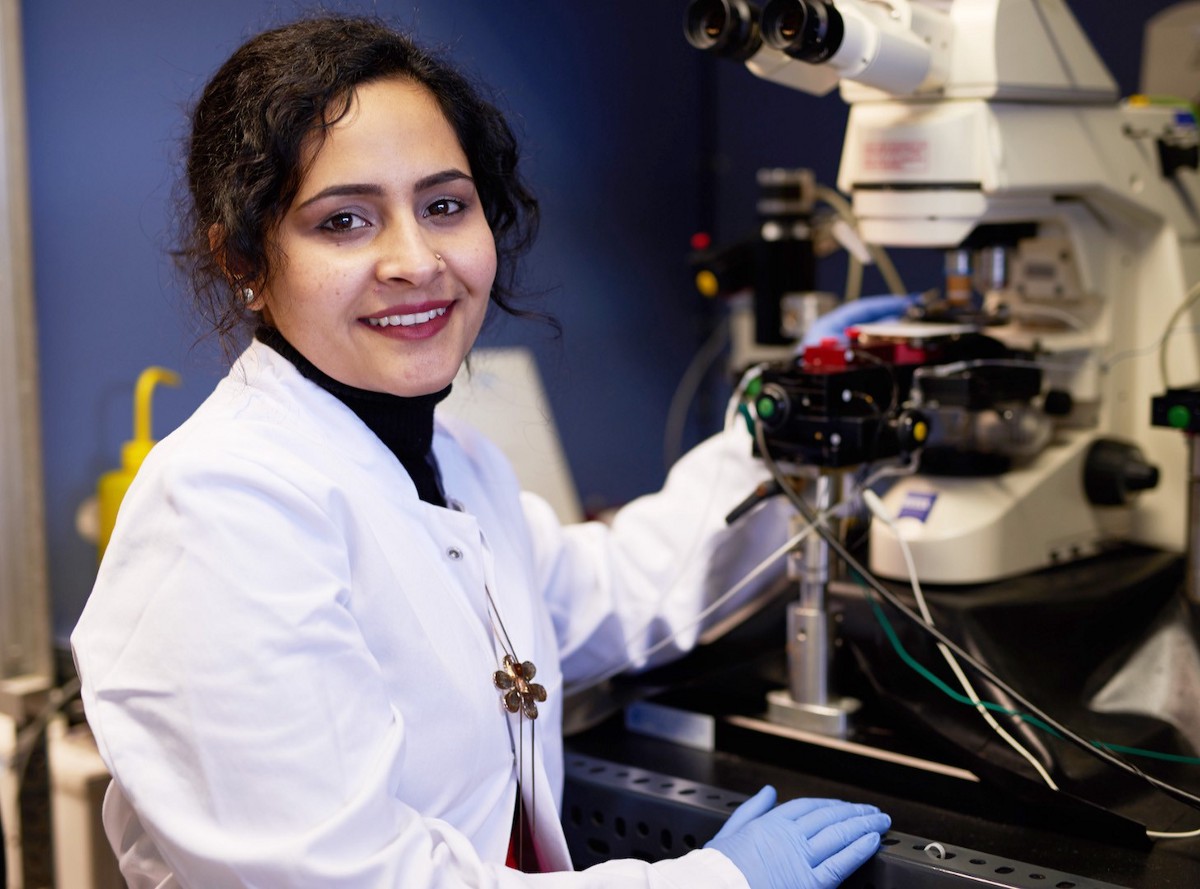
Dear Publishing Industry,

Mozilla has opened applications for Open Science Mini-Grants. The latest round of grants seeks projects that address open practices in the field of biomedicine.
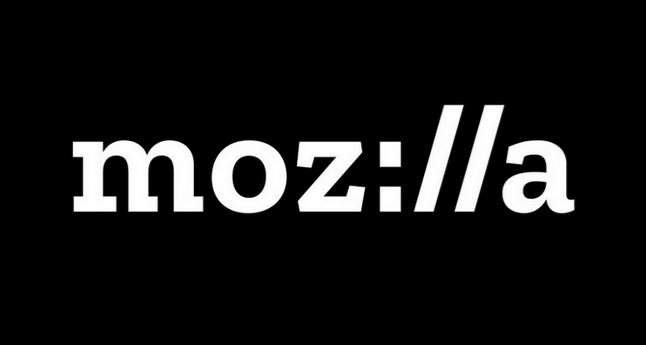
Over the past year, we've fundamentally changed how we produce graphics.
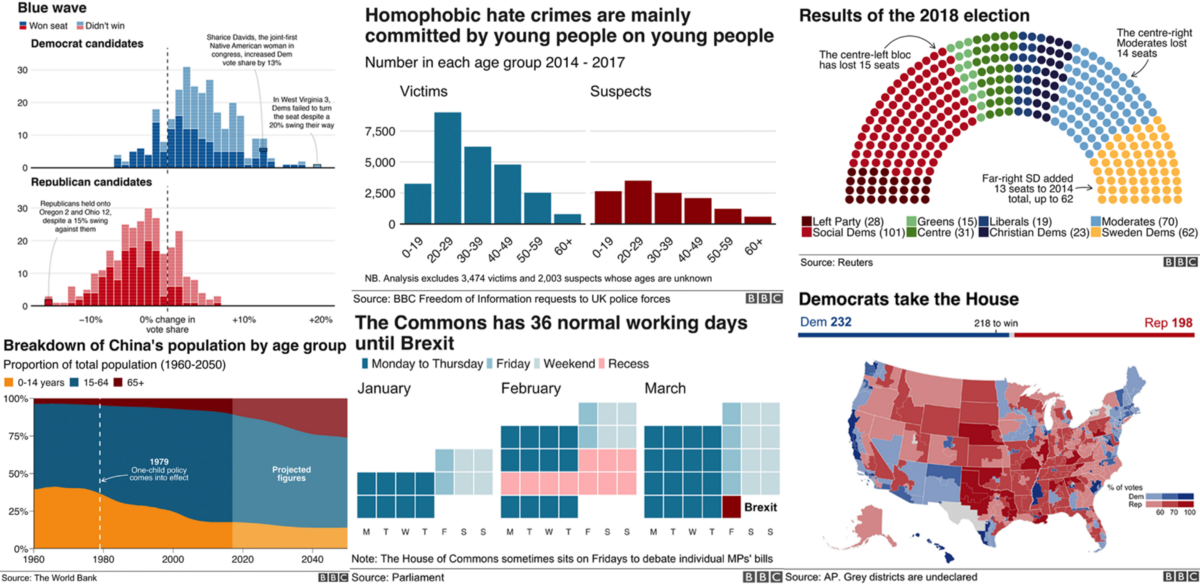
Elsevier argues that they make their citation data available through their subscription database, Scopus, and that “[…] Elsevier cannot make such a large corpus of data, which it has added significant value to, available for free."
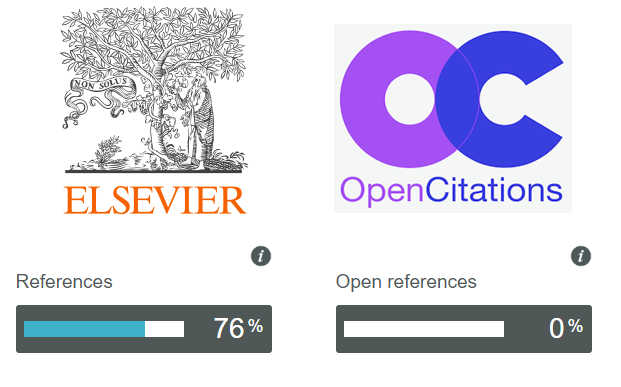
The US focus of digital humanities in libraries seems to be shifting toward skills, tools and methods and away from collections and projects.
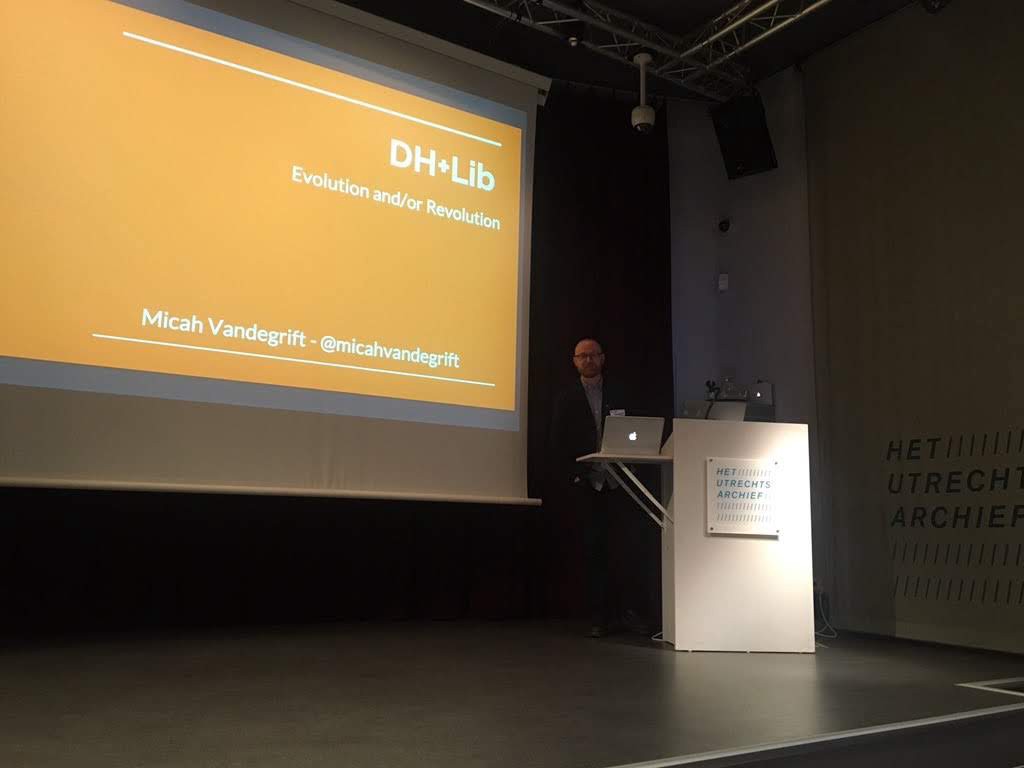
Australian cancer researcher Glenn Begley who raised attention to the fact that many published scientific findings cannot be reproduced ,says that he never described it as a replication crisis, beacuse if one takes the funding from the lazy scientists and give it to really good scientists, it is an innovation opportunity.

I’m not the first to come up with a personal story about the importance of open access and I’m not going to tell my story right now. I want to tell two other stories from the past couple of weeks that have reinforced for me why I do what I do every day in advocating for full and immediate open access to research.

CRISPR is indeed an exciting and promising technology that's already affecting the lives of many people. That said, we should be cautious.
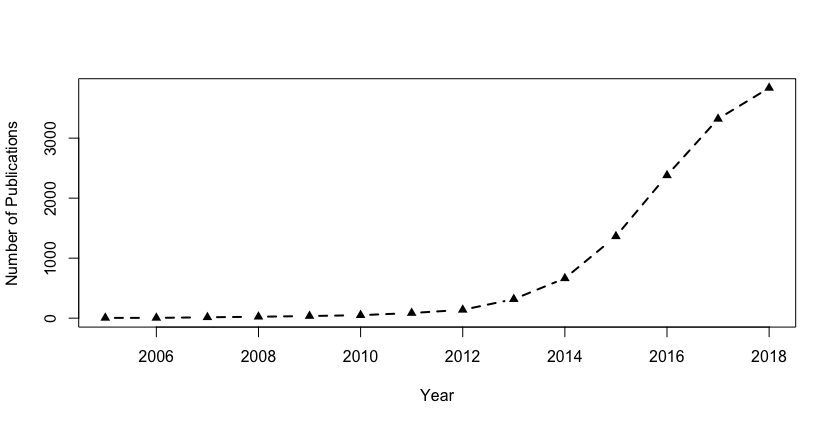
When embarking on the next career step, is someone's PhD a blessing or a curse?

Mozilla Science Mini Grants are now open for applications.

Has journalism and science communication crossed a line?
A few tips and tricks for both doing your best on the application and making it through the process with your self esteem intact.
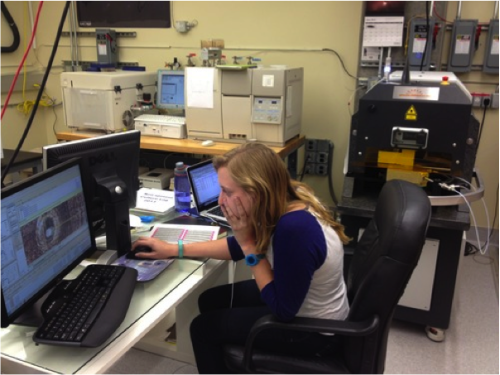
Announcing R4R to connect authors to peers
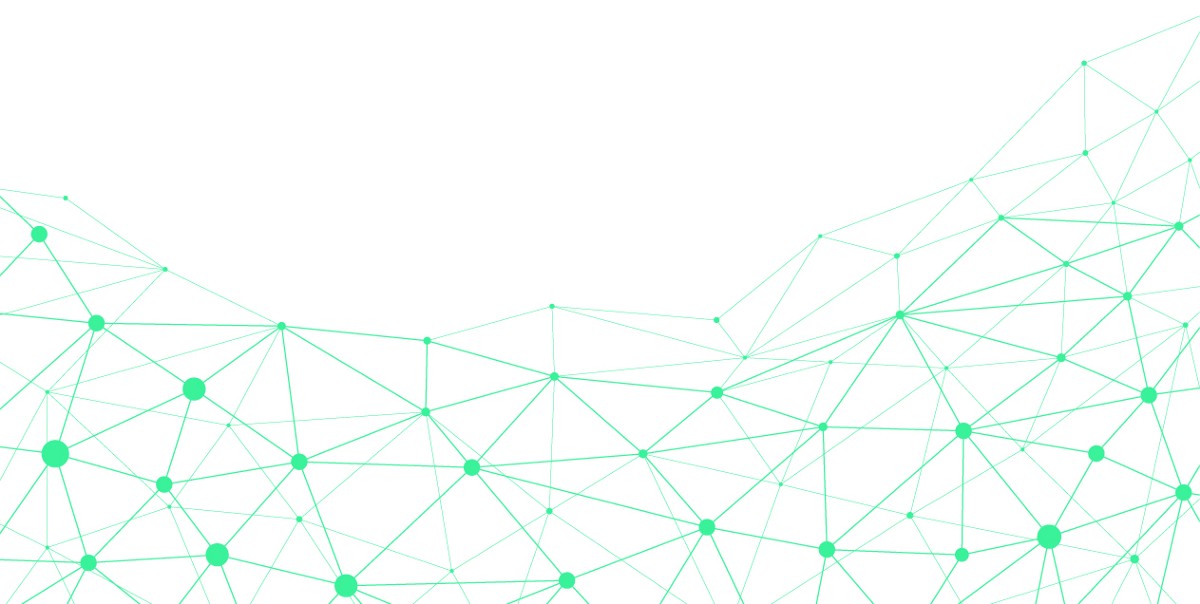
Chan Zuckerberg Science Initiative's approach to accelerating science and curing disease.
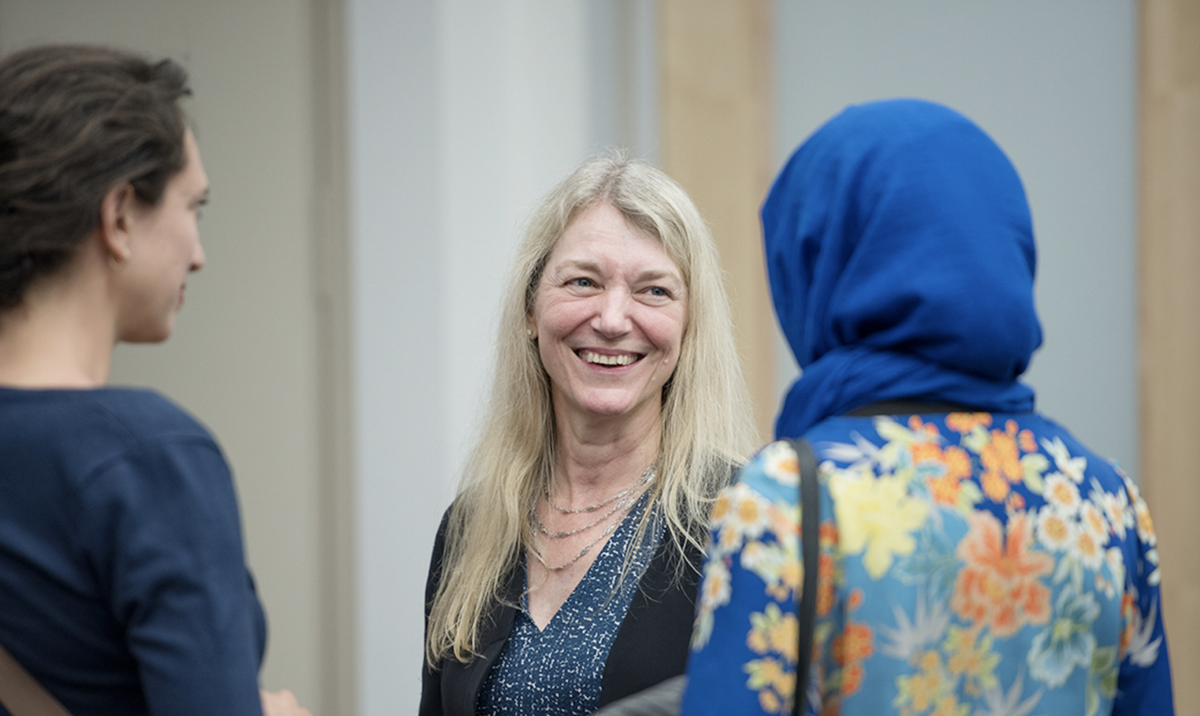
Jocelyn Bell Burnell's skills on the radio telescope were on point. Following the discovery of pulsars, Bell Burnell faced casual sexism from the media and public as well.
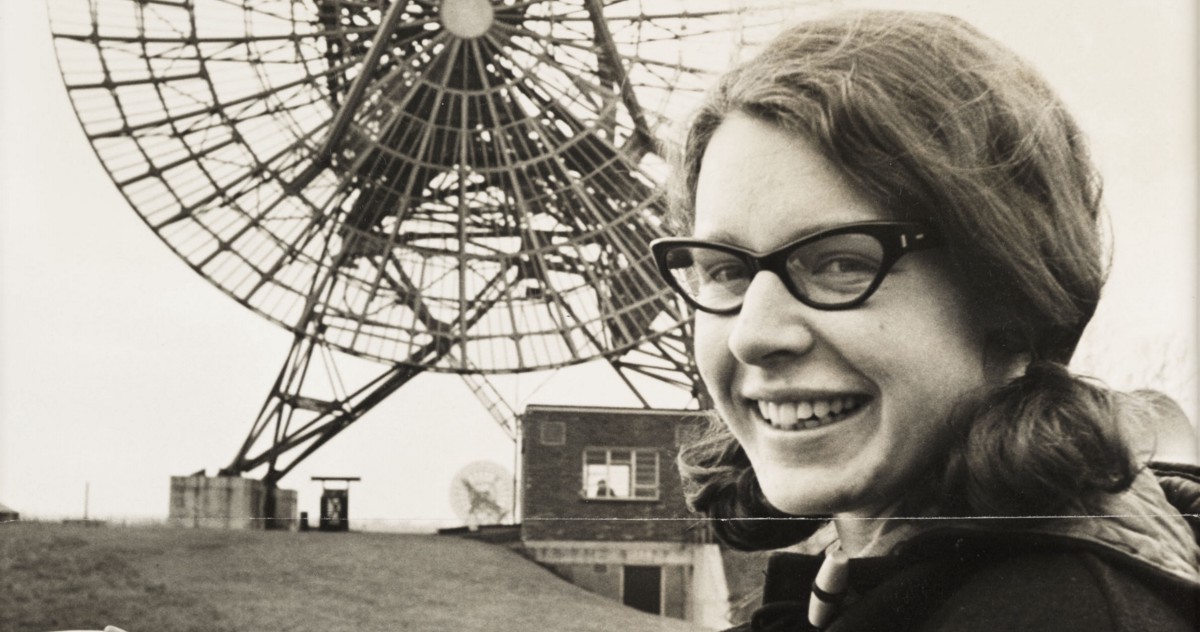
All graduate students should be planning their post-PhD employment from year one. Supported and nurtured by their institutions and their supervisors. There is a catch for supervisors: they are themselves academics, and so will understandably have little clue about what might constitute useful training for the current job market. The onus must so fall on broader shoulders, of the institutions and funders.

With the current crisis that Academia is witnessing; irreproducibility of scientific research, extravagant costs associated with…

How a process designed to ensure scientific rigor is tainted by randomness, bias, and arbitrary delays.

Polling shows that the number of people who believe science has "made life more difficult" increased by 50 percent from 2009 to 2015.
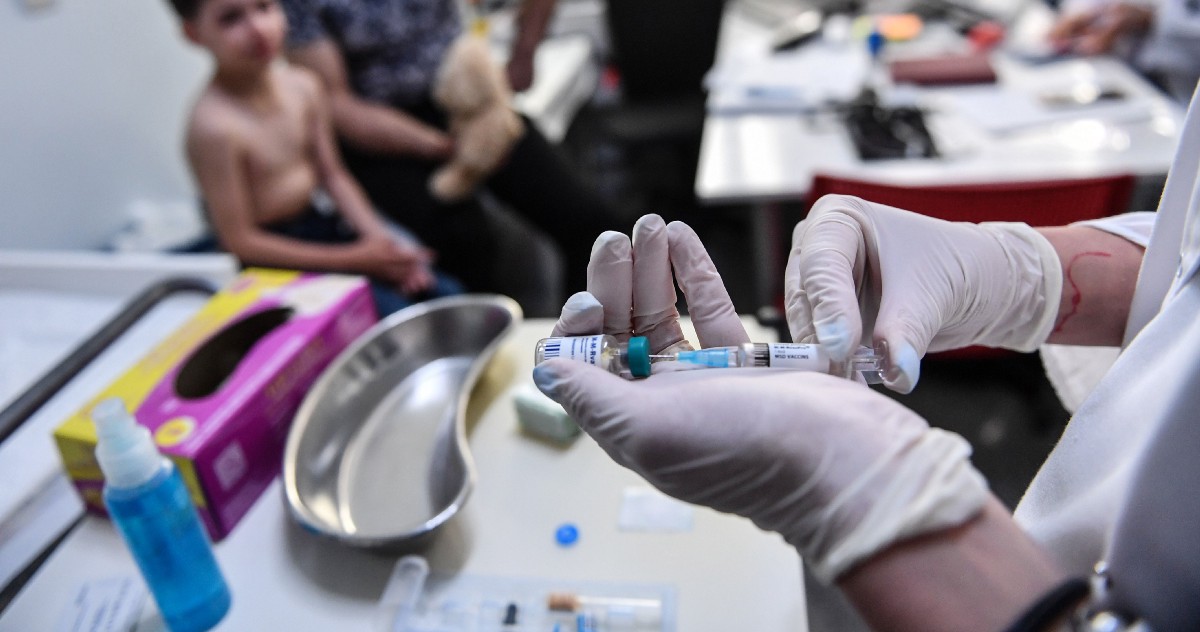
A different take on advice frequently given to PhD students.
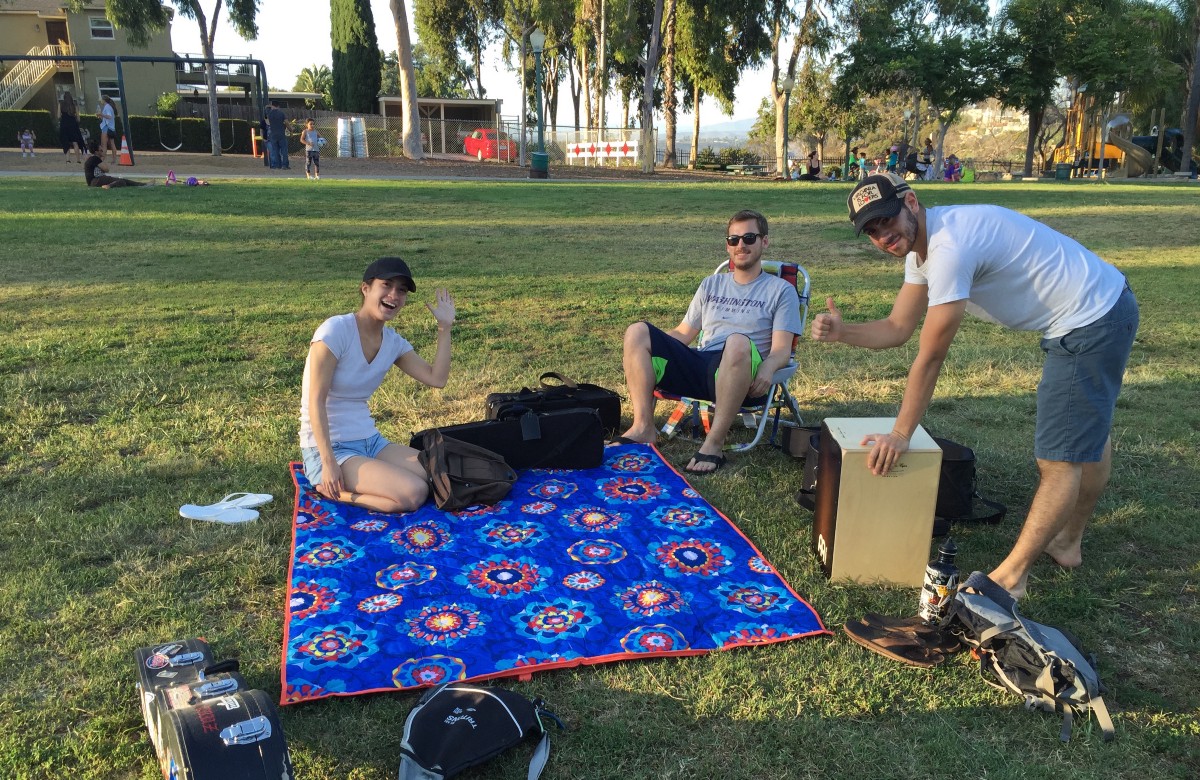
Blockchain technology challenges the traditional Scientific Research and Publishing Process.
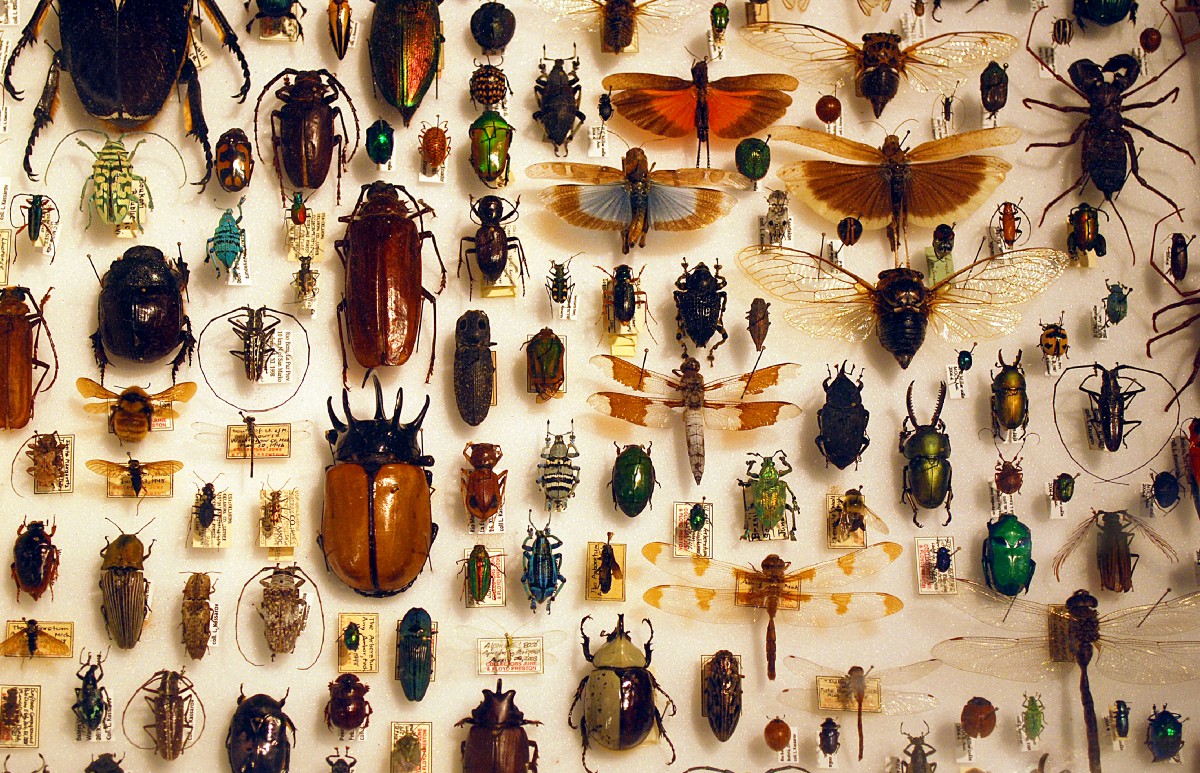
Many of history's greatest scientists were also refugees. These are their stories.

According to Wikipedia, Open Science is "the movement to make scientific research, data and dissemination accessible to all levels of an inquiring society, amateur or professional." That definition raises a number of questions.
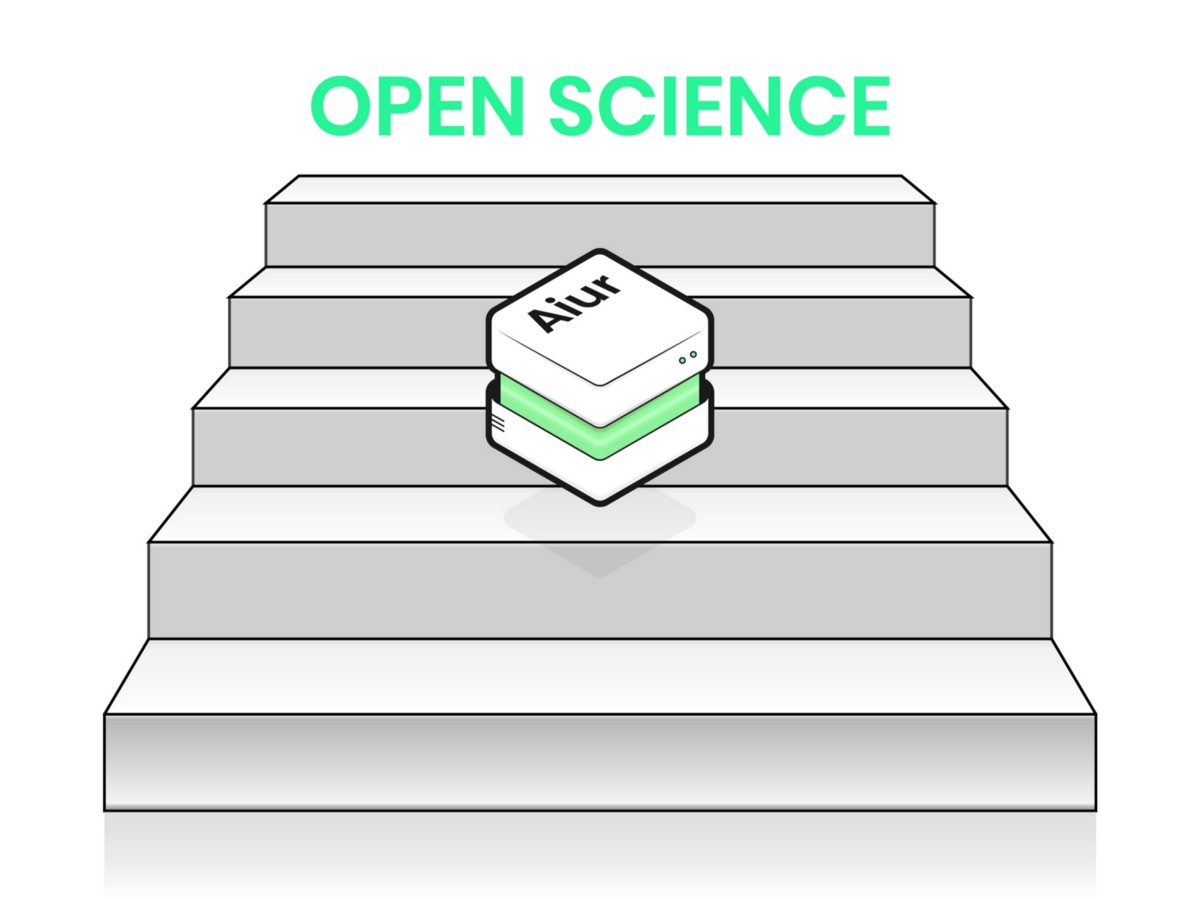
The academic discovery space seems to be buzzing again. This space has become relatively stable after the introduction and maturity of Web Scale Discovery between 2009-2013, but things seem to be hotting up once again
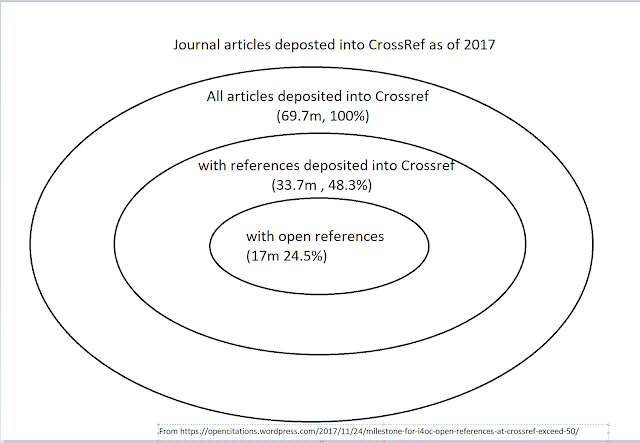
When you criticize science in public, you are taking a complicated argument to people who don’t care very much about the work of someone who wishes you’d shut up. This can be difficult to navigate. Although it’s often ‘a complete pain in the taint’ more than just ‘difficult’.
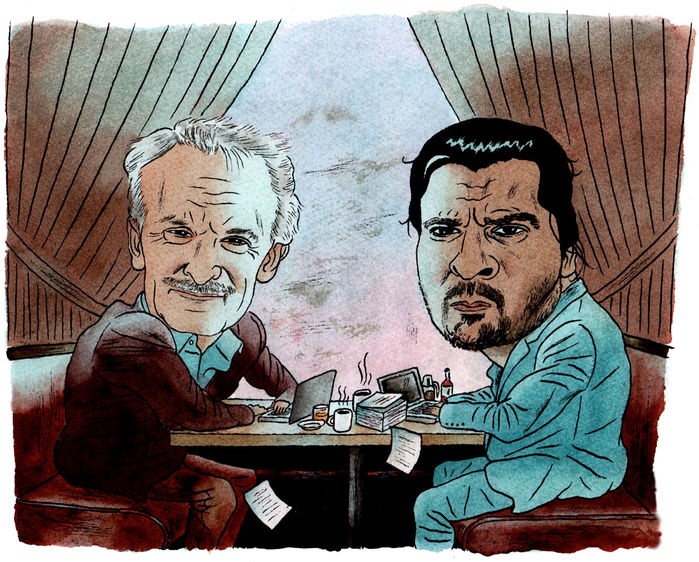
Statistical significance and hypothesis testing are not really helpful when it comes to testing our hypotheses.
